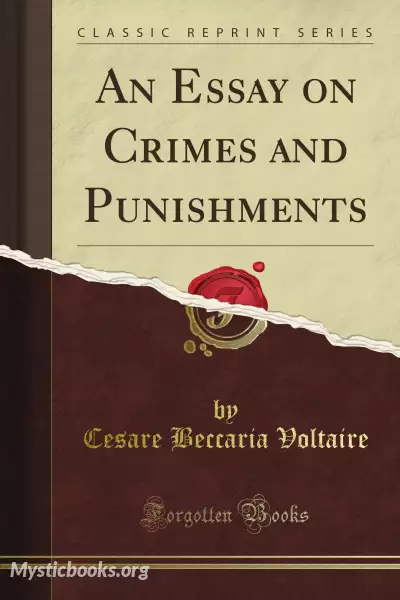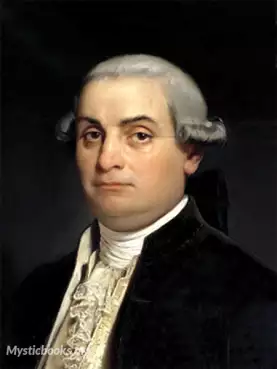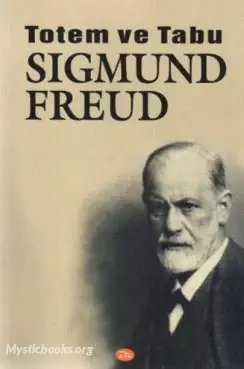
An Essay on Crimes and Punishments
'An Essay on Crimes and Punishments ' Summary
On Crimes and Punishments marked the high point of Milan Enlightenment. In it, Beccaria put forth some of the first modern arguments against the death penalty. It was also the first full work of penology, advocating reform of the criminal law system. The book was the first full-scale work to tackle criminal reform and to suggest that criminal justice should conform to rational principles. It is a less theoretical work than the writings of Hugo Grotius, Samuel von Pufendorf and other comparable thinkers, and as much a work of advocacy as of theory. In this essay, Beccaria reflected the convictions of the Il Caffè group, who sought to cause reform through Enlightenment discourse. In 1765, André Morellet produced a French translation of On Crimes and Punishments. His translation was widely criticized for the liberties he took with the text. Morellet had the opinion that the Italian text of Beccaria did require some clarification. He, therefore, omitted parts and sometimes added to them. But he mainly changed the structure of the essay by moving, merging, or splitting chapters. These interventions were known to experts, but because Beccaria himself had indicated in a letter to Morellet that he fully agreed with him, it was assumed that these adaptations also had Beccaria's consent in substance. The differences are so great, however, that the book from the hands of Morellet became quite another book than the book that Beccaria wrote.
Book Details
Authors

Cesare Beccaria
Italian
Cesare Bonesana di Beccaria, Marquis of Gualdrasco and Villareggio was an Italian criminologist, jurist, philosopher, economist and politician, who is widely considered one of the greatest thinkers of...
Books by Cesare BeccariaListen/Download Audiobook
- Select Speed
Related books

Cuentos de la Alhambra by Washington Irving
Cuentos de la Alhambra es una colección de ensayos e historias que Washington Irving escribió durante su viaje a Granada en 1828. El libro se centra e...

Lady Molly of Scotland Yard by Baroness Emma Orczy
Lady Molly of Scotland Yard is a collection of short stories featuring the eponymous Lady Molly, an early example of a female detective in fiction. Cr...

Varied Types by Gilbert K. Chesterton
Another delightful and sharply pointed excursion into the topics of the day, and of our day as well, with Gilbert Keith Chesterton. Here he uses his w...

Guide to Men by Helen Rowland
Helen Rowland's "Guide to Men" is a collection of witty observations and reflections on the complexities of relationships between men and women. Throu...

Totem and Taboo by Sigmund Freud
Totem and Taboo: Resemblances Between the Mental Lives of Savages and Neurotics, or Totem and Taboo: Some Points of Agreement between the Mental Lives...

Christopher Quarles: College Professor and Master Detective by Percy James Brebner
Set in Victorian England, the novel follows Christopher Quarles, a professor of philosophy with a remarkable talent for solving crimes. With his sharp...

Stolen Singer by Martha Bellinger
Agatha Redmond, a renowned soprano, finds herself the target of a shocking kidnapping in New York City. The motive behind her abduction remains shroud...

The Voice and Public Speaking by John Poole Sandlands
It is a valuable guidebook for anyone who wants to improve their public speaking skills. Written by John Poole Sandlands, an authority on voice produc...

Mr. Fortune's Practice by H. C. Bailey
Mr. Fortune is a physician who uses early forensic science techniques to solve crimes for the police. This volume contains seven more cases for him to...

Ukraina and the Peace-conference by Stanislav Dnistriansky
It explores the events that took place during the Peace Conference of Paris in 1919 and the impact it had on Ukraine's struggle for independence. Writ...
Reviews for An Essay on Crimes and Punishments
No reviews posted or approved, yet...